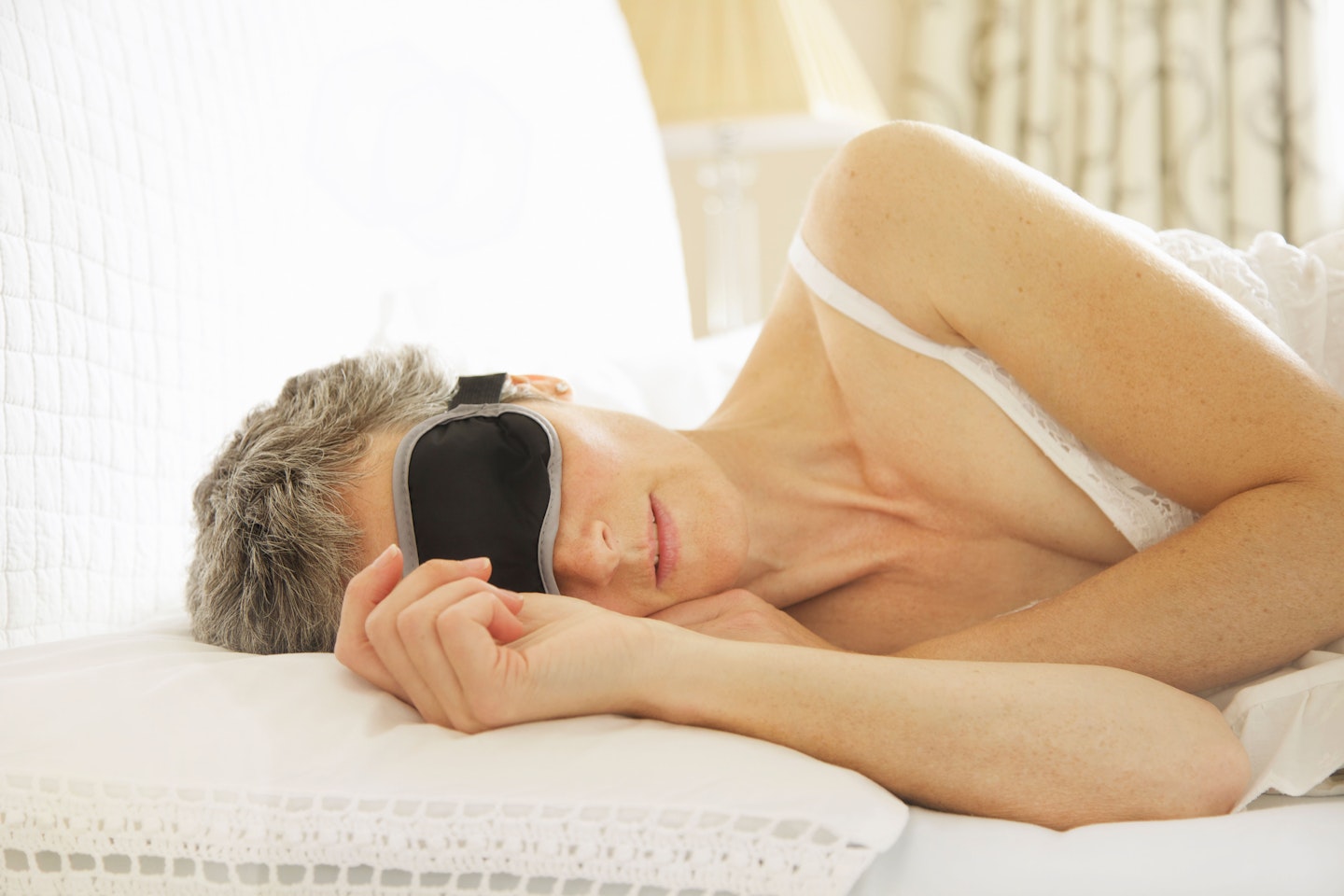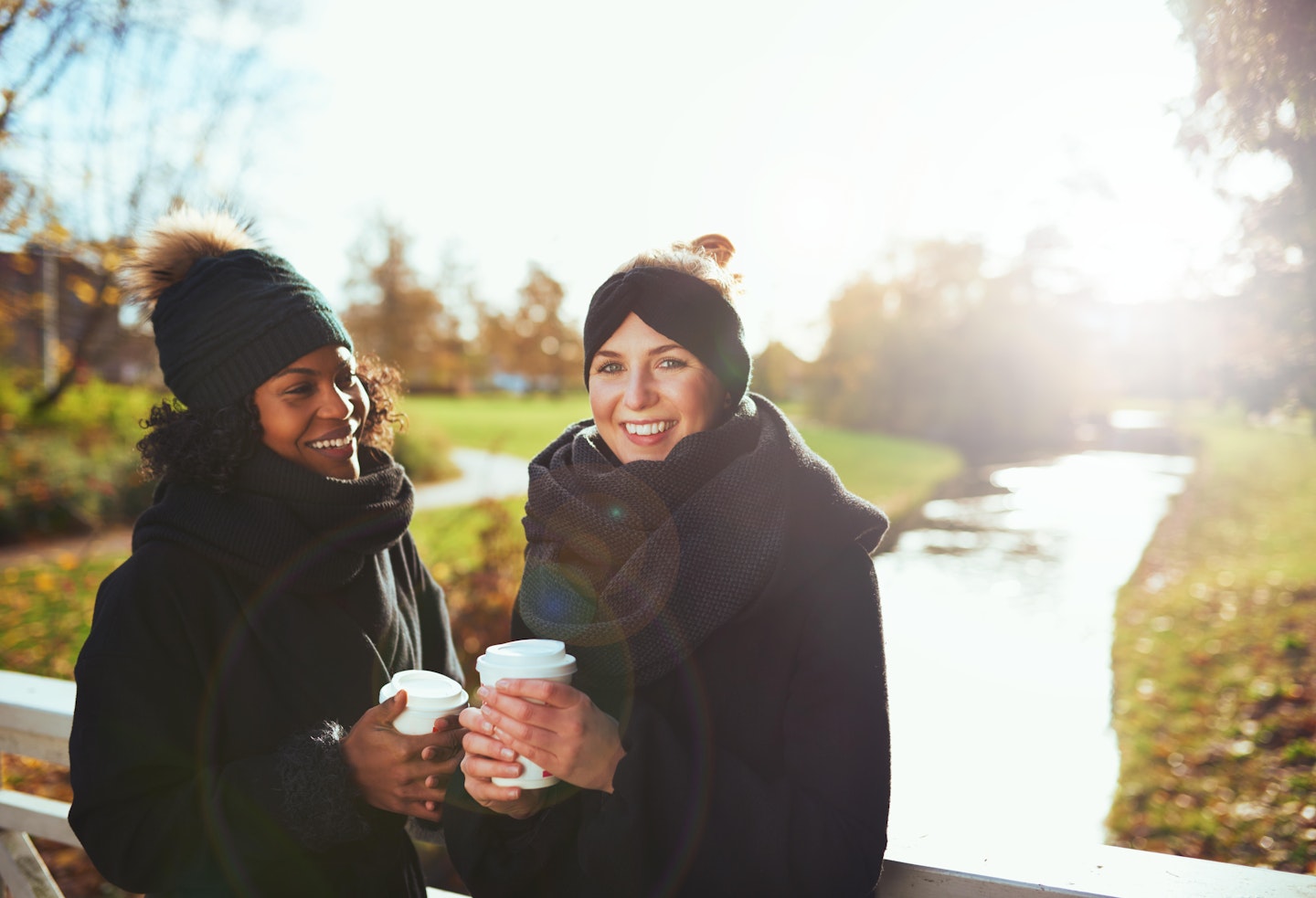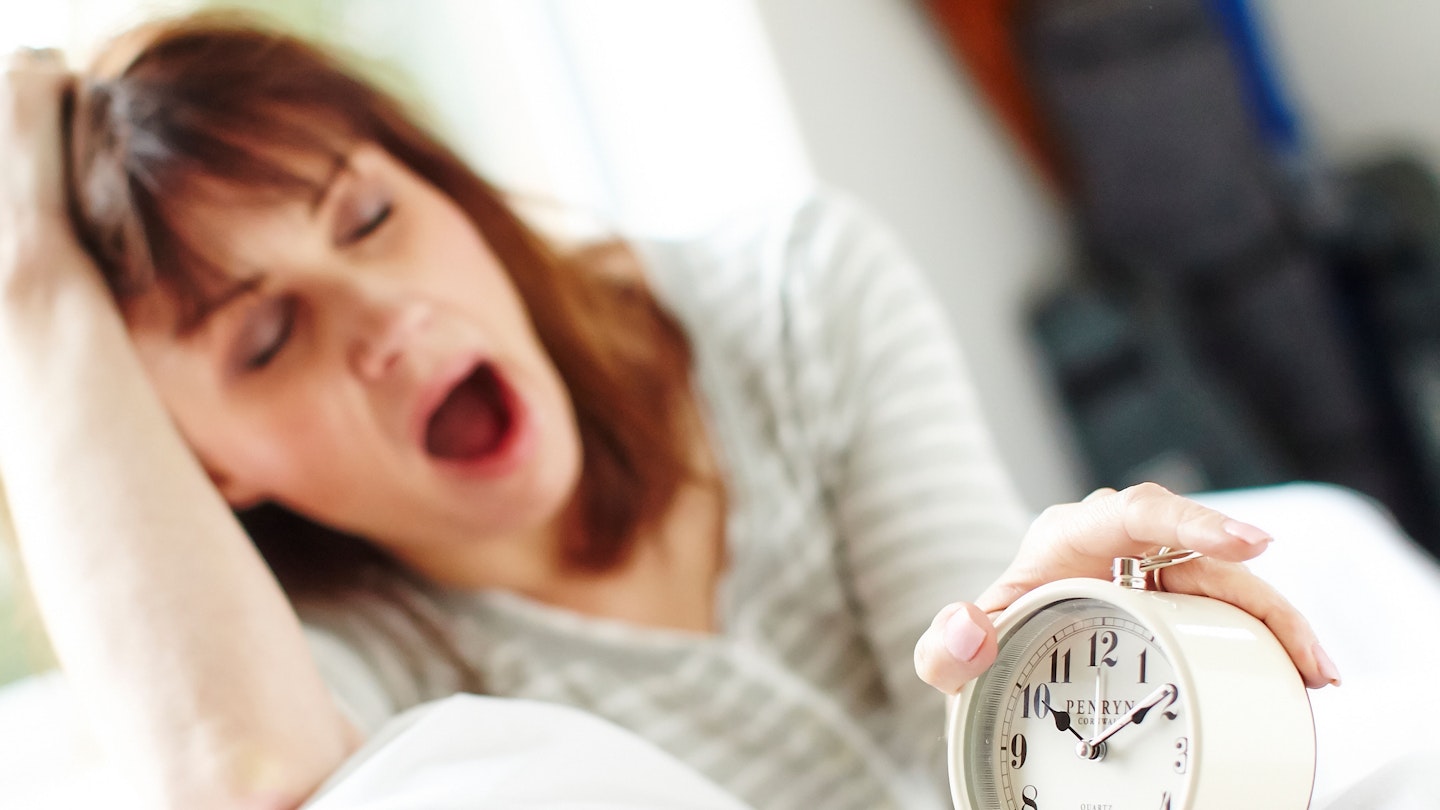Even though losing one hour’s sleep doesn’t seem that much, it can still have an impact on your quality of sleep, especially if you don’t generally sleep well.
Dave Gibson, a practising Naturopath and Osteopath and Warren Evans sleep expert, has said there are many things that affect our good night’s kip.
“Our short-term memory, our ability to plan and to make decisions and rational judgments are all affected by lack of sleep,” Dave said.
“So you are much more likely to stick to a new diet, stop smoking, get fit or generally be more organised when your brain and body is well rested from continuous and good quality sleep.”
Dave has given the following advice for those preparing for that hour we’ll be losing when the clocks go forward, but it also helps those recovering from not enough ZZZ’s.
Preparation for a night’s sleep…

Get to sleep earlier
Sounds obvious, but this is the best way to help your body ensure it doesn’t actually lose that precious hour. Try to shift your Friday and Saturday night schedules around, so that you can get into bed and drift off that little bit earlier.
Try a new relaxation technique
Choose a tried and tested relaxation method, or try something new as it might give your body the push it needs to know it’s time to hit the pillow. Stretching, light activity and meditation can really help too.
Eat your way to sleep
When it’s nearing bedtime, our bodies start to produce the hormone melatonin, which causes that sleepy feeling and tells our bodies to start winding down. Certain foods contain an amino acid called tryptophan, a precursor to melatonin, which can help drift you off to sleep.
Recovering from your sleep…

Take a nap
There’s a reason everyone in Spain takes an afternoon siesta you know! A nap is a good way to top up any lost sleep, but be careful to work with your natural sleeping patterns. A 90 minute nap should do it, giving you one full circuit of your sleep cycle. Try not to take it too late in the day so you’ll be awake late at night, and find somewhere quiet!
Drink coffee
Caffeine is a great energy booster after a bad night’s sleep. If you drink coffee early to wake up, ease off the stuff by midday so that your body starts to relax before bedtime. Caffeine can take up to six hours to leave your body and when it does, be aware of the energy dip as it can be worse when you’re sleep deprived – so try to take a slow, relaxing evening when you’re recovering from lack of sleep.
Get outside
Sunlight is our body’s natural alarm clock and our bodies take the presence of sunlight as a sign to stop produing melatonin (the sleep hormone) which helps you feel more awake. So open the curtains when you wake up, and if you’re feeling tired in the daytime, try to get outside for a short walk in the day.
**For more tips and advice on how to get a better night’s sleep, go to Dave Gibson’s blog here. **
